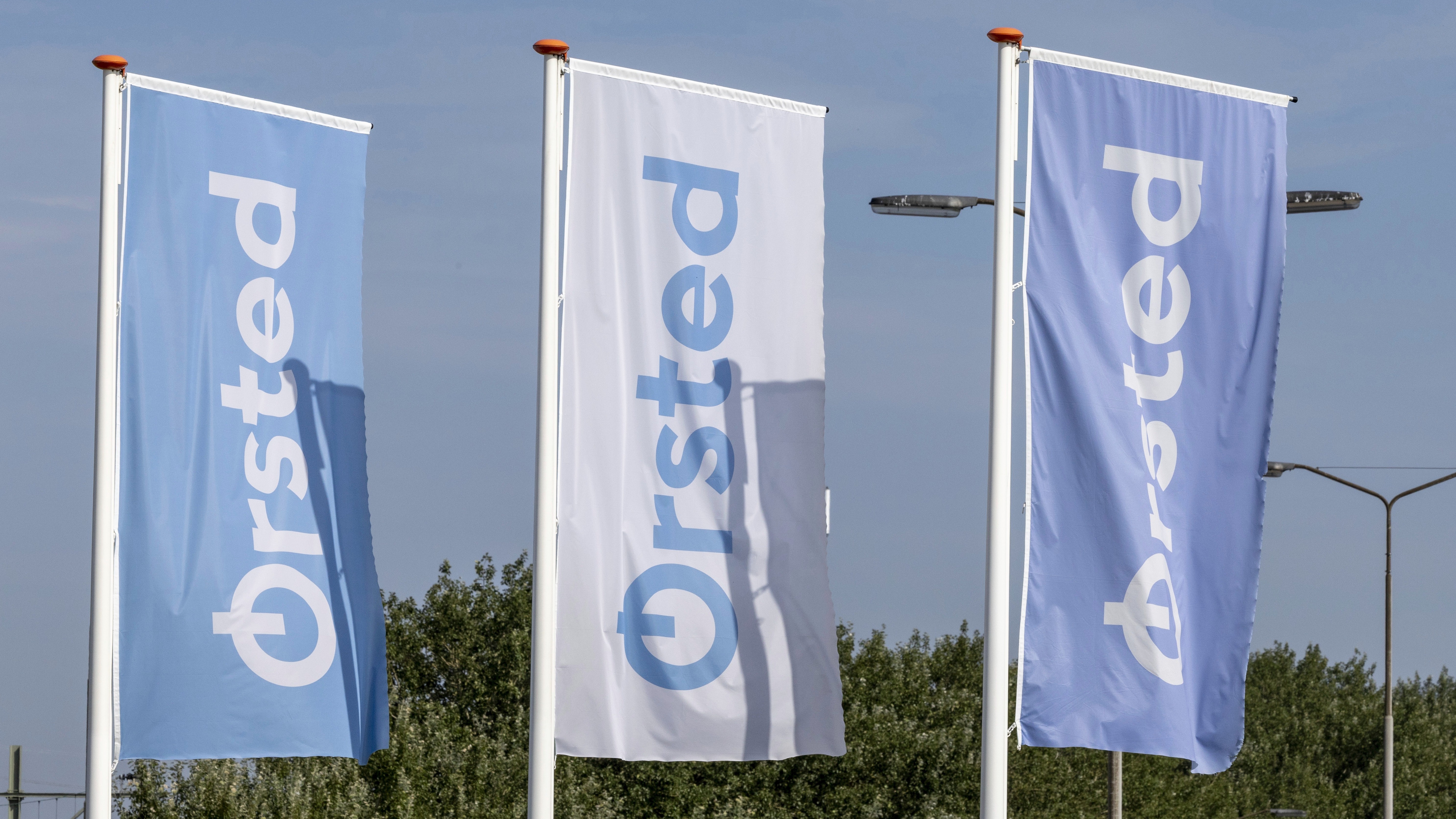Morningstar's "Perspectives" series features investment insights from third-party contributors. Here, in the latest blog from the Woodford Funds website, star UK equity income fund manager Neil Woodford discusses the prospects for the Pfizer deal with AstraZeneca.
Following its aborted takeover advances earlier this year, Pfizer (PFE) can return to make a renewed bid for AstraZeneca (AZN) once the six month ‘lock-out’ expires on November 26. Media speculation is already gathering pace on the subject of ‘will they? / won’t they?’ return with a renewed bid – it would be a big deal, in more ways the one, affecting not just shareholders but potentially the wider UK economy and healthcare patients globally.
At this stage, I suspect there is a 50/50 likelihood that Pfizer will approach AstraZeneca again. Some things have changed to make a deal less likely. The increased political opposition to ‘tax inversion’ deals, for example, where US companies buy overseas companies as a way of reducing their domestic tax obligations. This has already scuppered Abbvie’s (ABBV) proposed acquisition of Shire and some commentators suggest Pfizer’s attraction towards AstraZeneca may have cooled somewhat for the same reason.
Nevertheless, the original approach from Pfizer was not just about tax inversion. The proposed transaction also held considerable commercial logic – Pfizer doesn’t really have a pipeline of new drugs but AstraZeneca does. Buying AstraZeneca and its pipeline would therefore solve a major problem for Pfizer, particularly if they can buy it on the cheap.
At the time of the initial approach from Pfizer, we strongly believed that an independent AstraZeneca would achieve far better returns for its shareholders than the offer from Pfizer could have delivered. That remains the case, although six months on, our confidence in this belief is even stronger and the progress being made by the company is tangible.
AstraZeneca is hosting an ‘investor day’ today at which it is updating on its strategy and long-term growth plans. My colleagues Paul and Stephen Lamacraft are attending the event and will report back with their thoughts later today but one thing is already clear: having been at the helm for a little over two years, Pascal Soriot is making rapid progress on the company’s turnaround. This is reflected in a very positive strategy statement this morning from the company and amply demonstrated by several recent important drug approvals and an impressive rebuilding of its clinical pipeline of new drugs. This includes 14 drugs in late-stage development in some significant therapeutic areas. Each has the potential to contribute meaningfully to future sales.

Once viewed as the company’s major weakness, we expect AstraZeneca’s pipeline to deliver considerable long-term future growth. The value of a pipeline is impossibly difficult to model with precision and this represents a key analytical failing as far as the pharmaceutical sector is concerned. Judgement is required here – not mathematics – and our judgement on the long-term value that lies in AstraZeneca’s pipeline remains overwhelmingly positive. We are impressed with the renewed vigour and clarity in AstraZeneca’s scientific research and believe that its core franchises of respiratory, cardiovascular & diabetes, plus its presence in sectors of growing importance such as immuno-oncology, should all contribute to very promising future long-term growth.
AstraZeneca’s target to increase revenues by three quarters over the next decade is a tough one, but one which we believe can be achieved. The market clearly remains sceptical about the company’s ability to deliver on this target, albeit arguably less so than six months ago. Nevertheless, this does provide Pfizer with an opportunity to exploit in the near term.
If Pfizer are to return with a renewed bid, shareholders will again be faced with a choice between the allure of a substantial short-term profit or the promise of a potentially much more valuable long-term future from an independent AstraZeneca. Clearly, the former option can be embraced with much more certainty than the latter and, it is the nature of the modern stock market to focus detrimentally on the short-term. However, in this instance, we believe that it would be a mistake to do so, for two reasons.
Firstly, AstraZeneca’s promising pipeline stands a much better chance of fulfilling its potential if it remains independent rather than in the hands of a potential acquirer.
The pharmaceuticals industry has a poor track record when it comes to merger & acquisition (M&A) activity. Too many deals have been pursued for the wrong reasons at the wrong price. AstraZeneca itself is the product of a merger but its more recent M&A activity has been more modest in scale and based on attractive financials.
Pfizer too, is a company built by acquisition: Warner-Lambert in 2000, Pharmacia in 2003 and then Wyeth in 2009. Indeed, the combined amount spent on these three acquisitions exceeds Pfizer’s current market capitalisation, implying that substantial shareholder value has been destroyed through M&A along the way. It would be disappointing to see the same fate befall AstraZeneca, not just for its shareholders.
Secondly, we simply do not see how Pfizer can afford to pay what we believe the AstraZeneca pipeline will be worth in the long-term. Clearly, if Pfizer were to return with a renewed bid we would analyse it carefully before deciding whether to support it or not, as would other shareholders. However, its previous attempts to acquire the company fell a long way short of the long-term value that we believe AstraZeneca can independently deliver.
So, although the ‘will they? / won’t they?’ speculation about Pfizer’s intentions may continue over the next few weeks, we prefer to focus on the fundamentals and are happy with the way the long-term investment case is developing.
Disclaimer
The views contained herein are those of the author(s) and not necessarily those of Morningstar. If you are interested in Morningstar featuring your content on our website, please email submissions to UKEditorial@morningstar.com.































